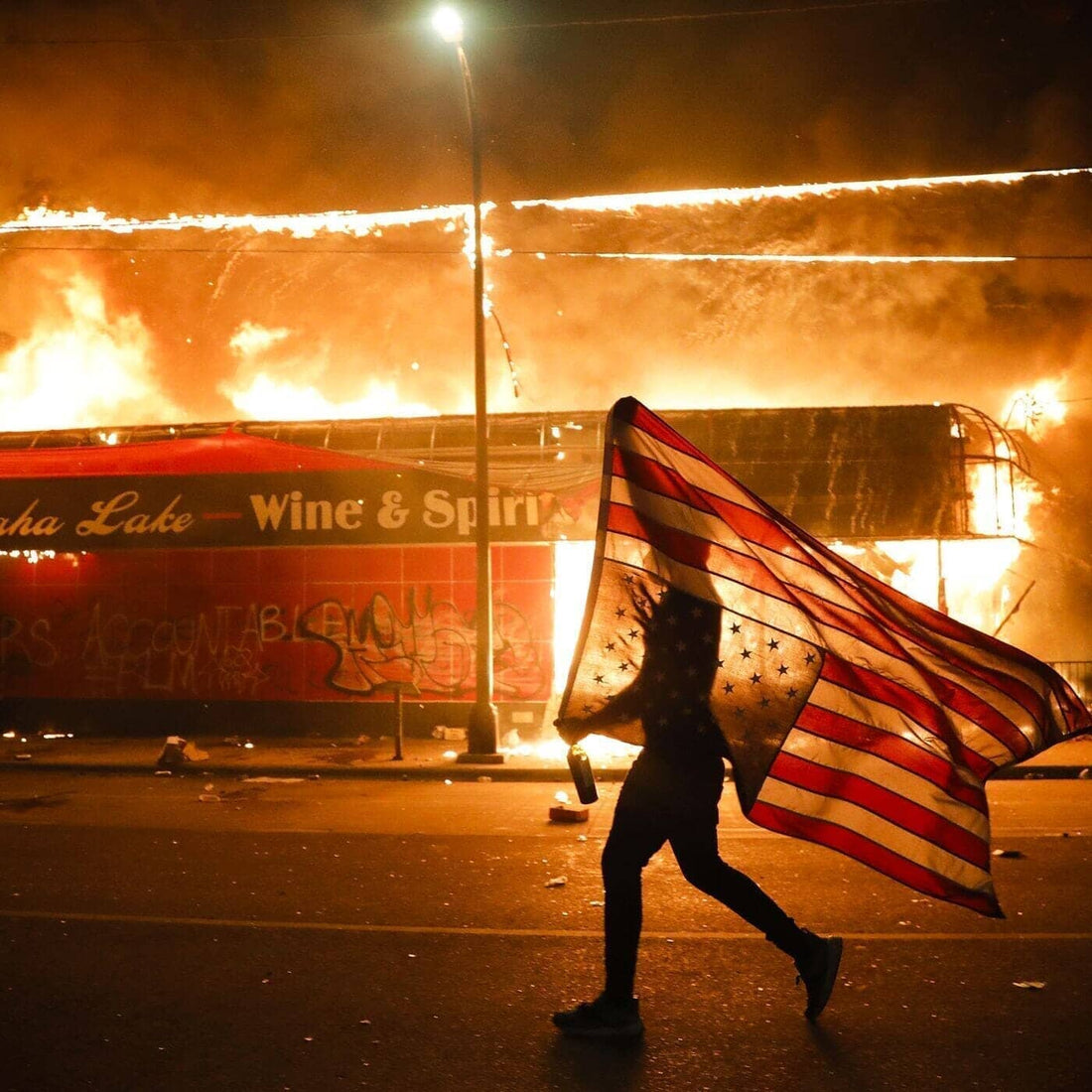
Black History Month is a Fallacy. Here’s Why it Still Matters
Share
When Carter G. Woodson conceived the idea of Black History Month in 1926, his intent was to recognize the trials and triumphs of African Americans in U.S. history, serving as a reminder of the contributions, struggles, accomplishments and hardships our predecessors faced. It was supposed to keep in mind how powerful civil rights could be, recognizing that collectively, we could build a stronger nation.
So, why then, nearly 100 years later, are African Americans facing one of the most singular threats to our livelihoods after a major voting rights bill was blocked in the Senate last month? Why are Black men still getting killed at record rates by police, like the death of Amir Locke, who was gunned down and killed by officers while sleeping in his own apartment? If the news hasn’t reached you already, Amir was murdered last Wednesday – just two days into Black History Month. Why is the impact of Covid astonishingly disproportionate in Black communities across America, where we represent only 13% of the population but have the second-highest Covid mortality rates? What difference does it make to celebrate Black History Month if progress for African Americans feels akin to running in place?
Experts argue Black History Month’s significance stems from resolute efforts to remove Black people from the historical and cultural fabric of the country. To discontinue the celebration of influential Black figures from our past would be to exclude the “history of the resilience, social, political and intellectual traditions, imagination and events that grew among people who were kept out of full citizenship,” said Imani Perry, the Hughes-Rogers Professor of African American Studies at Princeton University.
But celebrating these monumental feats in African American history seemingly means nothing if its future appears bleak. Even with impactful strides like the elections of the nation’s first Black president and vice president, respectively, the facade of Black progression shines bright under the light of a cop who thought it appropriate to kneel on the neck of a Black man on an urban Minneapolis street, suffocating the life out of him over a counterfeit $20 bill.
Nor does it help when one of the leading members of U.S. Congress banned a senior senator from reciting a letter written by Dr. Martin Luther King’s wife in 1986. The letter was written in opposition to then- U.S. Attorney for the Southern District of Alabama, Jeff Sessions, who was nominated to become a United States district judge.
“Sessions has used the awesome power of his office to chill the free exercise of the vote by Black citizens in the district he now seeks to serve as a federal judge,” Mrs. King wrote in a statement to the Senate Judiciary Committee, adding that he used his legal powers to “intimidate” and “frighten” elderly Black voters. His nomination was eventually killed by the Judiciary, although nearly 30 years later, he became the 84th United States Attorney General under the Trump administration.
We now know that even when the “powers that be” are for us, flawed policies still hold us captive in our communities. Consider Bill Clinton (coined by some as America’s “first Black president”), who enacted the 1994 Violent Crime Control and Law Enforcement Act into law. The bill turned a blind eye to the 13th amendment by undercutting social justice reform, creating stringent criminal sentences and incentivizing states to build more prisons, mostly housed by minorities.
Still, Black History Month matters. Recognizing the wounds of our history reminds us what it means to come of age – even if the path to equality has been one of the hardest roads to travel.
The very core of who we are emanates from our past. As Malcolm Gladwell put it in his award-winning book, Outliers, our cultural legacies are robustly important and have deep-rooted seats in our attitudes and behaviors, so much so, that we “cannot make sense of our world without them.”
Woodson wasn’t mistaken when he identified a need to promote the achievements of people of African descent. Black History Month is why we still applaud the vehemence of Stokely Carmichael, the panache of Josephine Baker, the mastery of Stevie Wonder, the sophistication of Maya Angelou and the countless others who helped shape American history.
Whether or not to celebrate Black History Month isn’t a speculative issue. It is a fundamental issue requiring us to reflect on our past. It will necessitate more concerted efforts to educate and inform ourselves about how Black history can build a more equitable Black future. Sweeping policy measures and systemic changes in voting rights, limiting needless excessive police force and increasing healthcare accessibility in marginalized communities would be a good start. Until that happens, what will you do to shift the Black paradigm?
*The opinions expressed are solely those of the author and do not reflect the views of Bôhten or any of its affiliates.*
